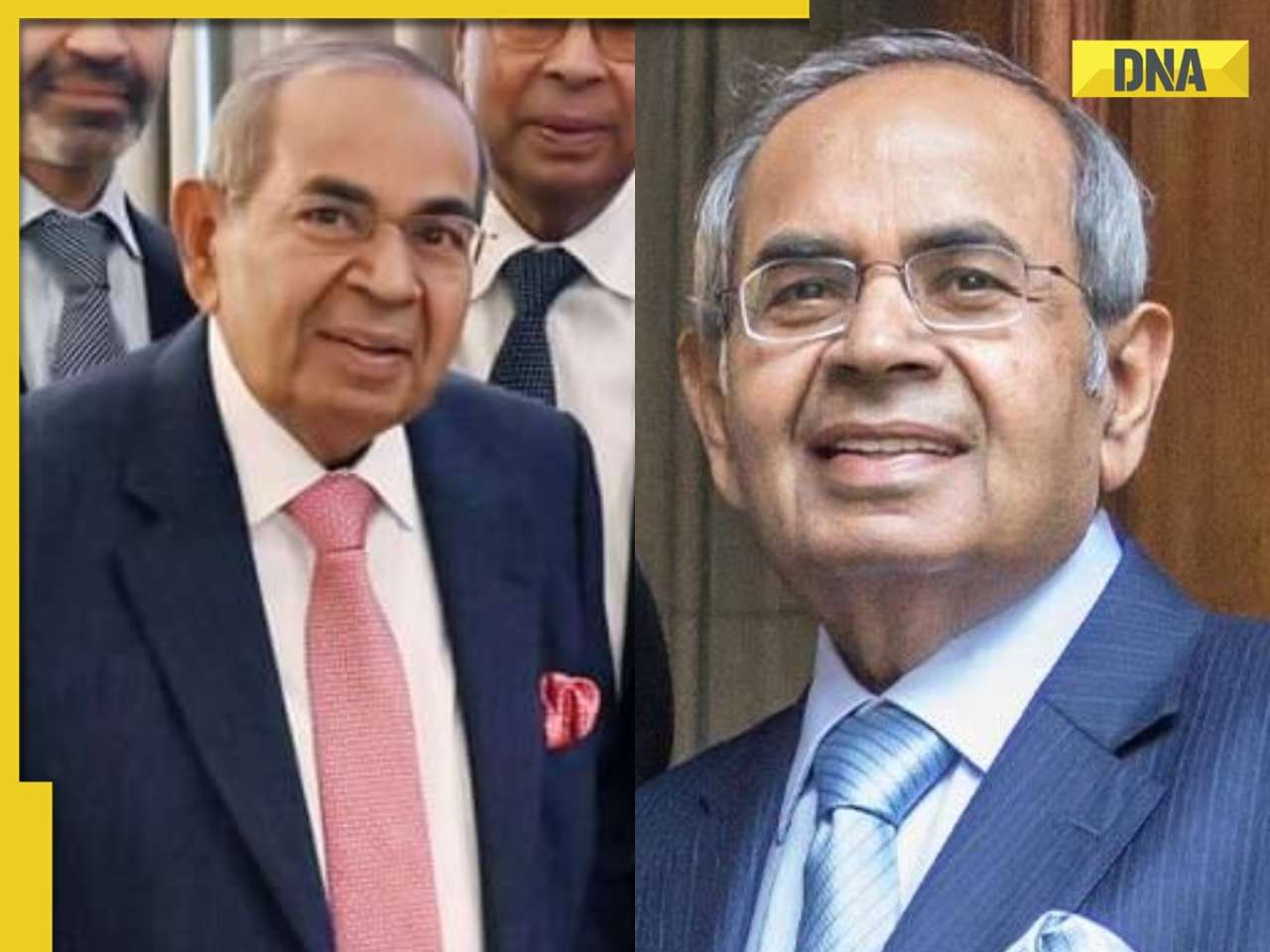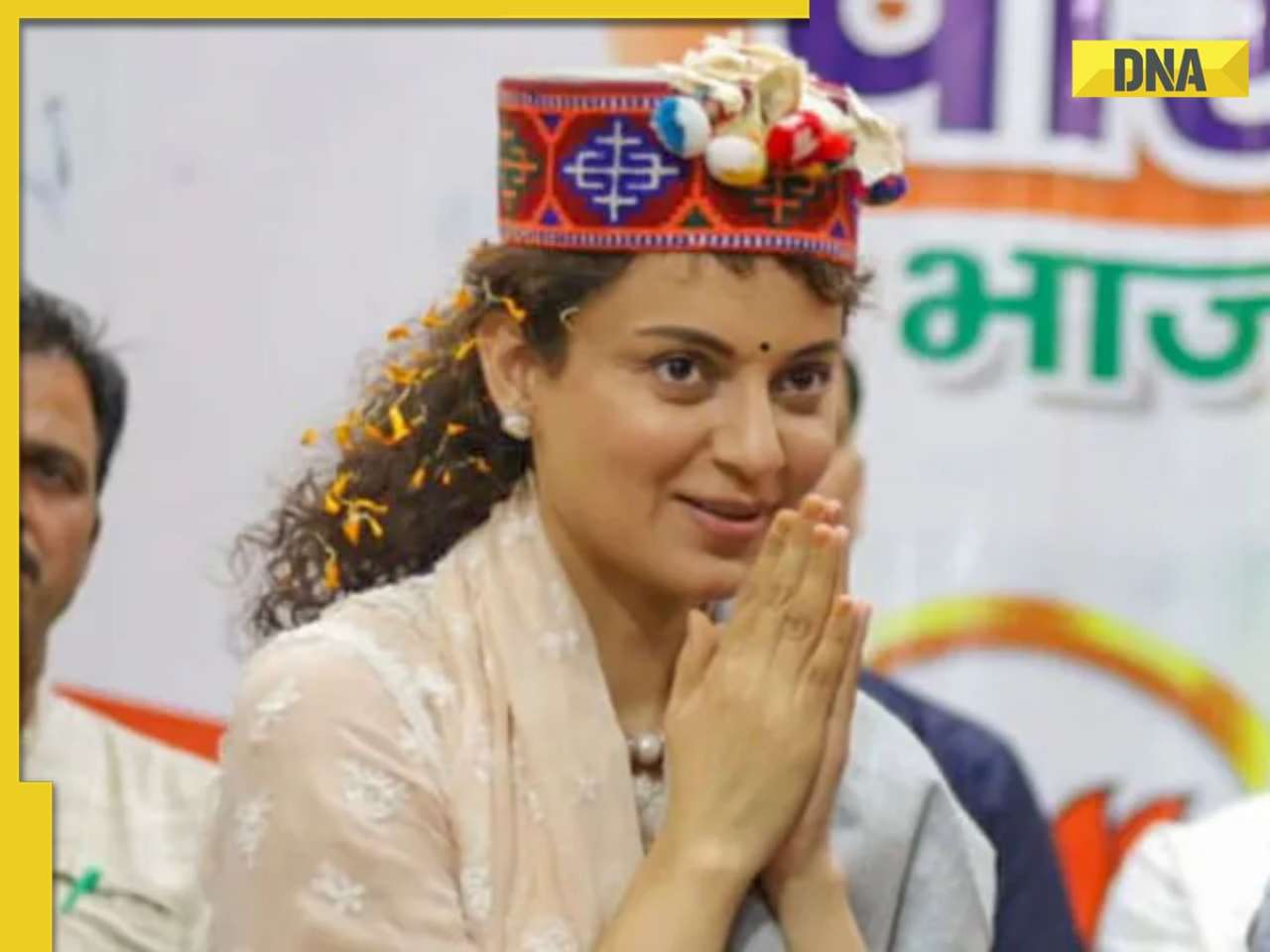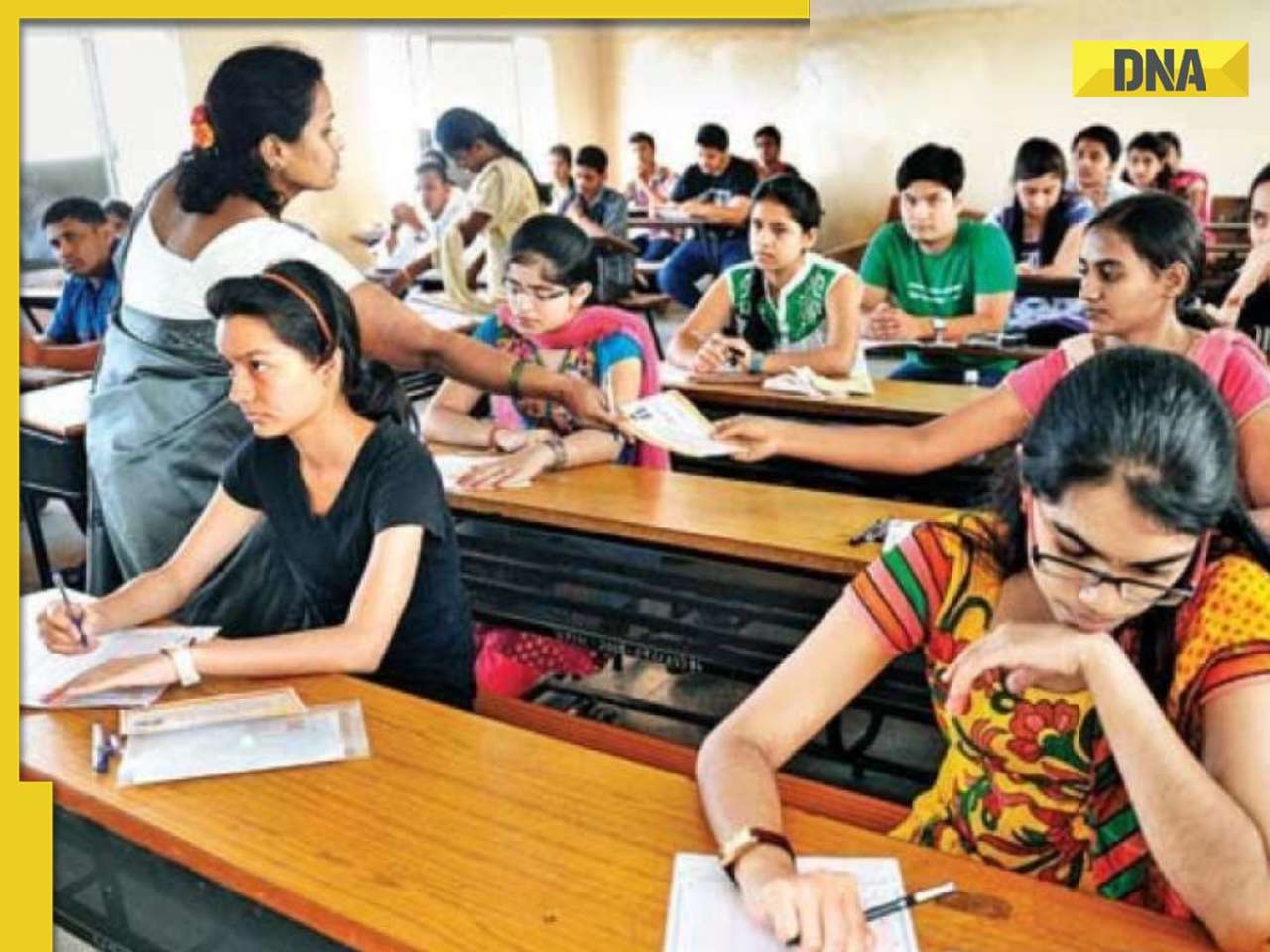The SBP has also promised to do away with market interventions by the government for agricultural commodities, which distorts the market for farmers and prevents them for getting remunerative pricing for their product.
Contesting the first state assembly elections after the demise of its founder and ideological preceptor, the Swatantra Bharat Paksha (SBP), the political arm of liberal farmer leader late Sharad Joshi's Shetkari Sanghatana (SS), has rolled out an agenda including a complete waiver of loans and power bills for farmers. The SBP, which is planning to contest from around 30 seats, largely in Vidarbha and Marathwada, has also promised to re-look laws that make it tough for people to buy and sell-off agricultural land and ensure that farmers get access to markets and technologies like BT and genetically modified (GM) cotton, maize and mustard.
"We will fight 30 assembly seats, including Rajura, Saoner, Katol, Ramtek, Hinganghat, Dhamangaon, Vani, Ralegaon, Jala and Ambad," said former MLA Wamanrao Chatap, who is a member of the high-power committee of the SBP and the Shetkari Sanghatana national executive. Chatap will fight from his traditional assembly seat of Rajura in Chandrapur, which he has represented for four-terms in the legislature.
"The bedrock of our ideology is personal liberty, access to markets and technology," explained Chatap.
He added that they would campaign on issues like complete loan waivers, writing off electricity bills for agricultural pumps, and access to technology.
"We farmers must be allowed to access the best global technologies in agriculture. One can buy and use the latest mobile phone models, cars and two-wheelers, but why don't we have the freedom to use the seeds that we want? We want to use herbicide-tolerant BT (HTBT) cotton, and GM seeds for mustard, maize, soya bean, brinjal and golden rice. Moreover, 24 of 36 districts have been affected by drought or excessive rainfall, and hence, farmers are not in a position to pay electricity bills. Hence, they must be written off," said Chatap.
The SBP has also promised to do away with market interventions by the government for agricultural commodities, which distorts the market for farmers and prevents them for getting remunerative pricing for their product. "There must be no restrictions on personal freedom and the right to property… while the landless cannot purchase agricultural land sans the government nod, same applies when a farmer wants to sell off his holding and exit agriculture. No such restrictions are in place for industry and trade. It must be easy for people to enter and exit farming," added Chatap.
The organisation, which moots the cause of smaller states like Vidarbha for better governance, is also tying up with pro-Vidarbha statehood parties for the elections.
Joshi, who expired in 2015, propounded theories like "Bharat vs India," (on the economic-cultural divide between India and exploited, agrarian Bharat) and the need for loan waivers and remunerative pricing for agriculture, which have found their way into the mainstream political lexicon. He espoused an alternative economic paradigm which held that lack of remuneration in dry-land farming lay at the roots of poverty.
However, despite getting five MLAs elected to the Maharashtra assembly in 1990, Joshi failed to make a mark in electoral politics, leading to a sentiment among his followers that farmers joined them seeking a rise in prices, but deserted them for established parties on lines of caste and religion.
The Shetkari Sanghatana, which is a liberal farmers' movement and its political arm - the SBP - broke from Marxist, socialist and Nehruvian thought and promoted a doctrine based on greater economic and technological freedom for farmers including access to markets and technologies. It seeks that the state reduces its overarching influence across the personal and economic lives of individuals.
Though the SS and SBP have seen their influence diminish, they fostered an alternate rung of leadership like Hatkanangale MP Raju Shetti, minister of state Sadabhau Khot, state agricultural prices commission chairman Pasha Patel and Shiv Sena leader Laxman Wadle.
![submenu-img]() Meet man, an Indian, whose family topped list of richest people in the UK with net worth of...
Meet man, an Indian, whose family topped list of richest people in the UK with net worth of...![submenu-img]() Pune: Tanker explodes in Pimpri Chinchwad, nearby hotels, houses and parked trucks damaged
Pune: Tanker explodes in Pimpri Chinchwad, nearby hotels, houses and parked trucks damaged![submenu-img]() Rohit Sharma lashes out at IPL TV broadcaster for 'breach of privacy'
Rohit Sharma lashes out at IPL TV broadcaster for 'breach of privacy'![submenu-img]() Heeramandi lyricist AM Turaz on Azadi: 'Women's contribution in Indian freedom movement has never been...' | Exclusive
Heeramandi lyricist AM Turaz on Azadi: 'Women's contribution in Indian freedom movement has never been...' | Exclusive![submenu-img]() Kangana Ranaut reveals if she will quit films after winning Lok Sabha elections, calls Bollywood 'jhoothi duniya'
Kangana Ranaut reveals if she will quit films after winning Lok Sabha elections, calls Bollywood 'jhoothi duniya'![submenu-img]() Meet IAS officer, daughter of milk vendor, who cracked UPSC in second attempt, secured AIR...
Meet IAS officer, daughter of milk vendor, who cracked UPSC in second attempt, secured AIR...![submenu-img]() UGC NET June 2024: Registration window closes today; check how to apply
UGC NET June 2024: Registration window closes today; check how to apply![submenu-img]() Meet IAS officer, son of teacher from Rajasthan, who cracked UPSC after multiple failed attempts, secured AIR...
Meet IAS officer, son of teacher from Rajasthan, who cracked UPSC after multiple failed attempts, secured AIR...![submenu-img]() Meet IIT graduates, three friends who were featured in Forbes 30 Under 30 Asia list, built AI startup, now…
Meet IIT graduates, three friends who were featured in Forbes 30 Under 30 Asia list, built AI startup, now…![submenu-img]() Meet woman who cracked UPSC in fourth attempt to become IAS officer, secured AIR...
Meet woman who cracked UPSC in fourth attempt to become IAS officer, secured AIR...![submenu-img]() DNA Verified: Is CAA an anti-Muslim law? Centre terms news report as 'misleading'
DNA Verified: Is CAA an anti-Muslim law? Centre terms news report as 'misleading'![submenu-img]() DNA Verified: Lok Sabha Elections 2024 to be held on April 19? Know truth behind viral message
DNA Verified: Lok Sabha Elections 2024 to be held on April 19? Know truth behind viral message![submenu-img]() DNA Verified: Modi govt giving students free laptops under 'One Student One Laptop' scheme? Know truth here
DNA Verified: Modi govt giving students free laptops under 'One Student One Laptop' scheme? Know truth here![submenu-img]() DNA Verified: Shah Rukh Khan denies reports of his role in release of India's naval officers from Qatar
DNA Verified: Shah Rukh Khan denies reports of his role in release of India's naval officers from Qatar![submenu-img]() DNA Verified: Is govt providing Rs 1.6 lakh benefit to girls under PM Ladli Laxmi Yojana? Know truth
DNA Verified: Is govt providing Rs 1.6 lakh benefit to girls under PM Ladli Laxmi Yojana? Know truth![submenu-img]() Kiara Advani attends Women In Cinema Gala in dramatic ensemble, netizens say 'who designs these hideous dresses'
Kiara Advani attends Women In Cinema Gala in dramatic ensemble, netizens say 'who designs these hideous dresses'![submenu-img]() Influencer Diipa Büller-Khosla looks 'drop dead gorgeous' in metallic structured dress at Cannes 2024
Influencer Diipa Büller-Khosla looks 'drop dead gorgeous' in metallic structured dress at Cannes 2024![submenu-img]() Kiara Advani stuns in Prabal Gurung thigh-high slit gown for her Cannes debut, poses by the French Riviera
Kiara Advani stuns in Prabal Gurung thigh-high slit gown for her Cannes debut, poses by the French Riviera![submenu-img]() Heeramandi star Taha Shah Badussha makes dashing debut at Cannes Film Festival, fans call him ‘international crush’
Heeramandi star Taha Shah Badussha makes dashing debut at Cannes Film Festival, fans call him ‘international crush’![submenu-img]() Streaming This Week: Madgaon Express, Zara Hatke Zara Bachke, Bridgerton season 3, latest OTT releases to binge-watch
Streaming This Week: Madgaon Express, Zara Hatke Zara Bachke, Bridgerton season 3, latest OTT releases to binge-watch![submenu-img]() Haryana Political Crisis: Will 3 independent MLAs support withdrawal impact the present Nayab Saini led-BJP government?
Haryana Political Crisis: Will 3 independent MLAs support withdrawal impact the present Nayab Saini led-BJP government?![submenu-img]() DNA Explainer: Why Harvey Weinstein's rape conviction was overturned, will beleaguered Hollywood mogul get out of jail?
DNA Explainer: Why Harvey Weinstein's rape conviction was overturned, will beleaguered Hollywood mogul get out of jail?![submenu-img]() What is inheritance tax?
What is inheritance tax?![submenu-img]() DNA Explainer: What is cloud seeding which is blamed for wreaking havoc in Dubai?
DNA Explainer: What is cloud seeding which is blamed for wreaking havoc in Dubai?![submenu-img]() DNA Explainer: What is Israel's Arrow-3 defence system used to intercept Iran's missile attack?
DNA Explainer: What is Israel's Arrow-3 defence system used to intercept Iran's missile attack?![submenu-img]() Heeramandi lyricist AM Turaz on Azadi: 'Women's contribution in Indian freedom movement has never been...' | Exclusive
Heeramandi lyricist AM Turaz on Azadi: 'Women's contribution in Indian freedom movement has never been...' | Exclusive![submenu-img]() Kangana Ranaut reveals if she will quit films after winning Lok Sabha elections, calls Bollywood 'jhoothi duniya'
Kangana Ranaut reveals if she will quit films after winning Lok Sabha elections, calls Bollywood 'jhoothi duniya'![submenu-img]() Sanjay Leela Bhansali calls this actor his only friend in industry: 'He doesn't care about my film, he cares about me'
Sanjay Leela Bhansali calls this actor his only friend in industry: 'He doesn't care about my film, he cares about me'![submenu-img]() Jolly LLB 3: Akshay Kumar wraps up first schedule; local artiste reveals actor's inspiring daily habits
Jolly LLB 3: Akshay Kumar wraps up first schedule; local artiste reveals actor's inspiring daily habits![submenu-img]() Before Ranveer Singh, Deepika Padukone; Bajirao Mastani was announced with these two superstars in 70s, it got shelved
Before Ranveer Singh, Deepika Padukone; Bajirao Mastani was announced with these two superstars in 70s, it got shelved![submenu-img]() Viral video: Donkey stuns internet with unexpected victory over hyena, watch
Viral video: Donkey stuns internet with unexpected victory over hyena, watch![submenu-img]() Viral video: 'Breathtaking' blue meteor illuminates skies over Spain and Portugal, watch
Viral video: 'Breathtaking' blue meteor illuminates skies over Spain and Portugal, watch![submenu-img]() Google CEO Sundar Pichai reveals his favourite foods in Delhi, Mumbai, Bengaluru and they are...
Google CEO Sundar Pichai reveals his favourite foods in Delhi, Mumbai, Bengaluru and they are...![submenu-img]() Cow fight injures two girls enjoying street snacks, video goes viral
Cow fight injures two girls enjoying street snacks, video goes viral![submenu-img]() Viral video: Man sets up makeshift hammock on bus, internet reacts
Viral video: Man sets up makeshift hammock on bus, internet reacts







































)


















)
)
)
)
)
)